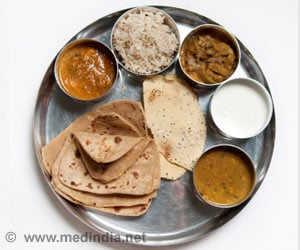Healthcare experts in Bangalore are on red alert due to Chikungunya outbreak in the city according to the Directorate of Health and Family Welfare.
Healthcare experts in Bangalore are on red alert due to Chikungunya outbreak in the city according to the Directorate of Health and Family Welfare.
In spite of the efforts of the Health Department to eradicate the mosquitoes which spread the disease at source, the mosquitoes continue to breed leading to long queues of patient’s suffering from the disease.Chikungunya fever is a viral disease transmitted to humans by the bite of infected mosquito Aedes aegypti (the yellow fever mosquito), a household container breeder and aggressive daytime biter. It is a debilitating illness, most often characterized by fever, headache, fatigue, nausea, vomiting, muscle pain, rash, and joint pain.
The incubation period (time from infection to illness) can be 2-12 days, but is usually 3-7 days. “Silent” Chikungunya infections (infections without illness) do occur, but how commonly this happens is not yet known.
Acute Chikungunya fever typically lasts a few days to a couple of weeks, but as with dengue, some patients have prolonged fatigue lasting several weeks. Additionally, some patients have reported incapacitating joint pain, or arthritis, which may last for weeks or months. The prolonged joint pain associated with Chikungunya is not typical of dengue. The infection is thought to confer life-long immunity.
No deaths, neuroinvasive cases, or hemorrhagic cases related to Chikungunya infection have been conclusively documented in the scientific literature.
Treatment is symptomatic and includes rest, fluids, and drugs to relieve symptoms of fever and aching like ibuprofen. Aspirin should be avoided during the acute stages of the illness.
Advertisement
The best way to avoid infection is to prevent mosquito bites, as there is no vaccine or preventive drug available to treat the infection. Preventive measures like use of insect repellents, getting rid of mosquito breeding sites by emptying standing water, and having secure screens on windows and doors to keep mosquitoes out can help prevent the disease.
Advertisement






